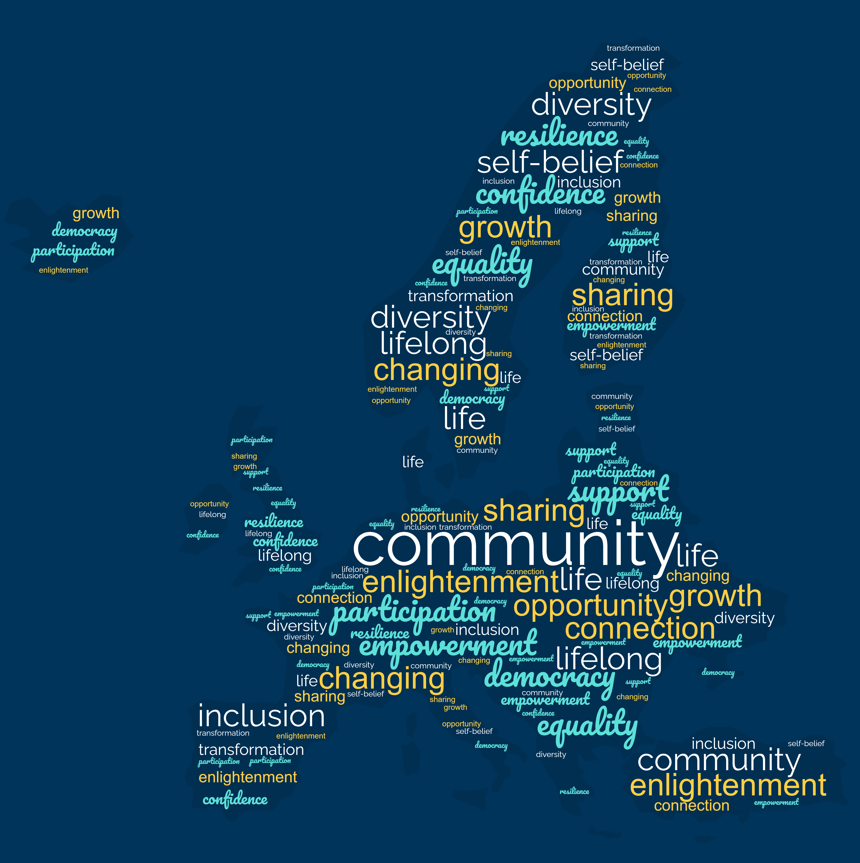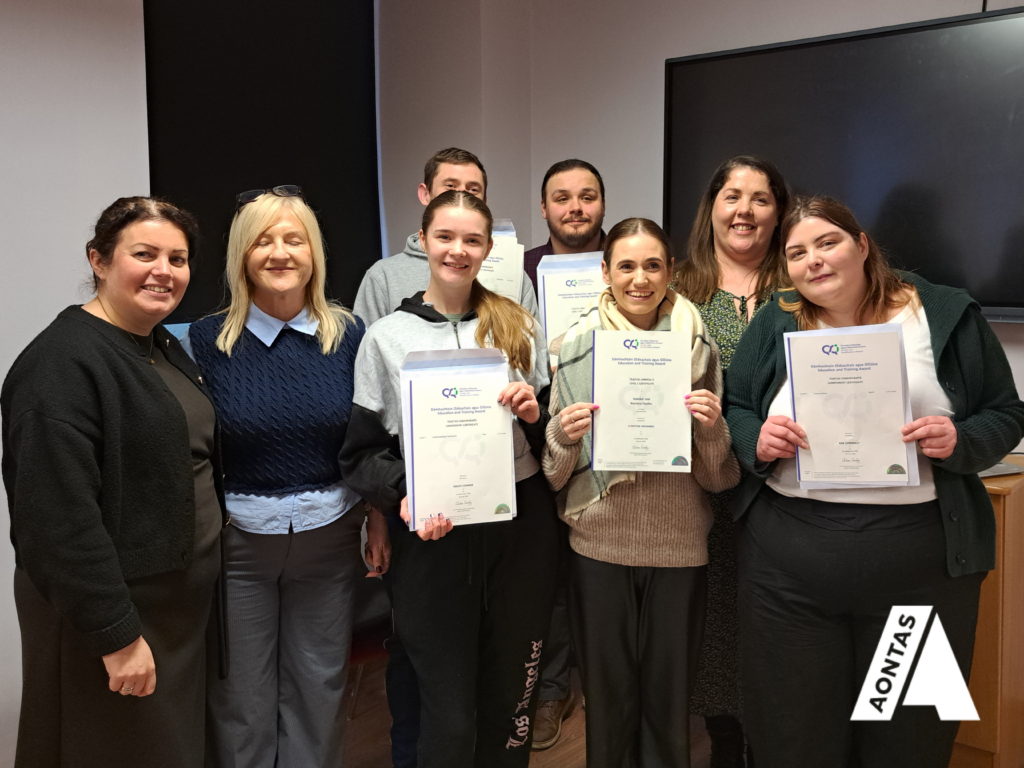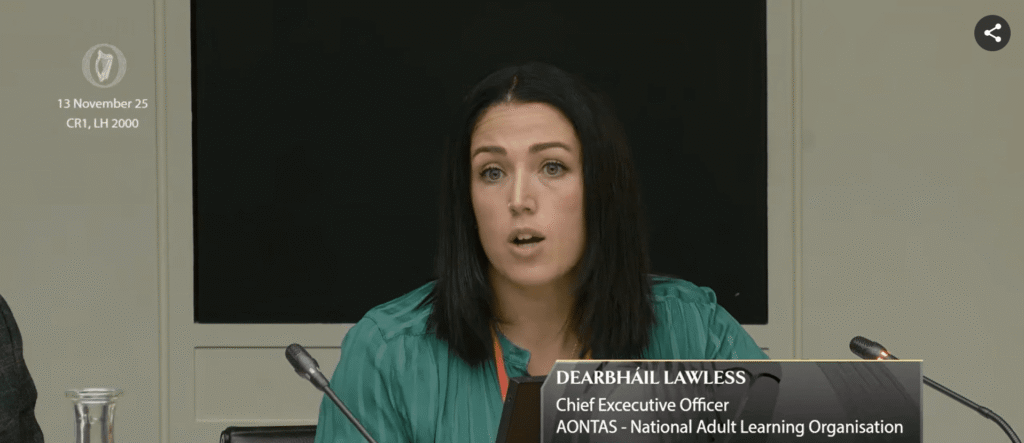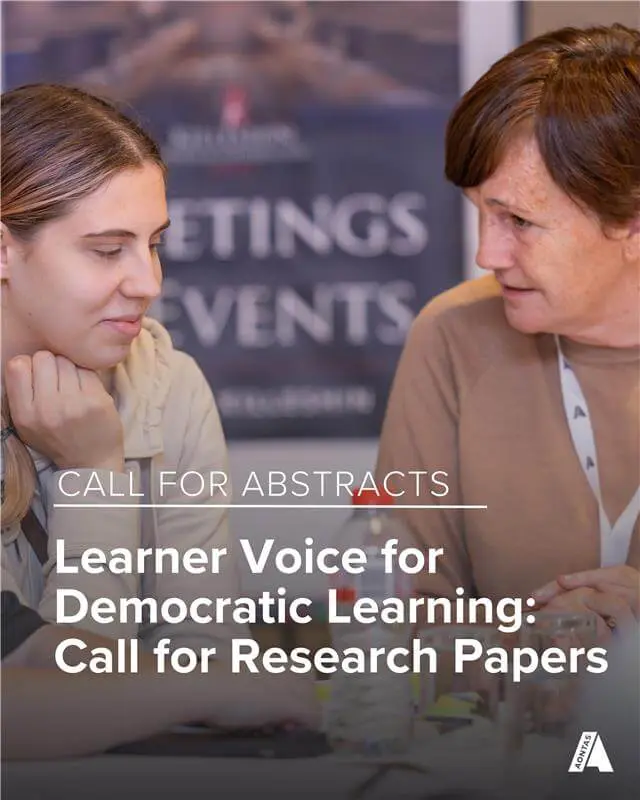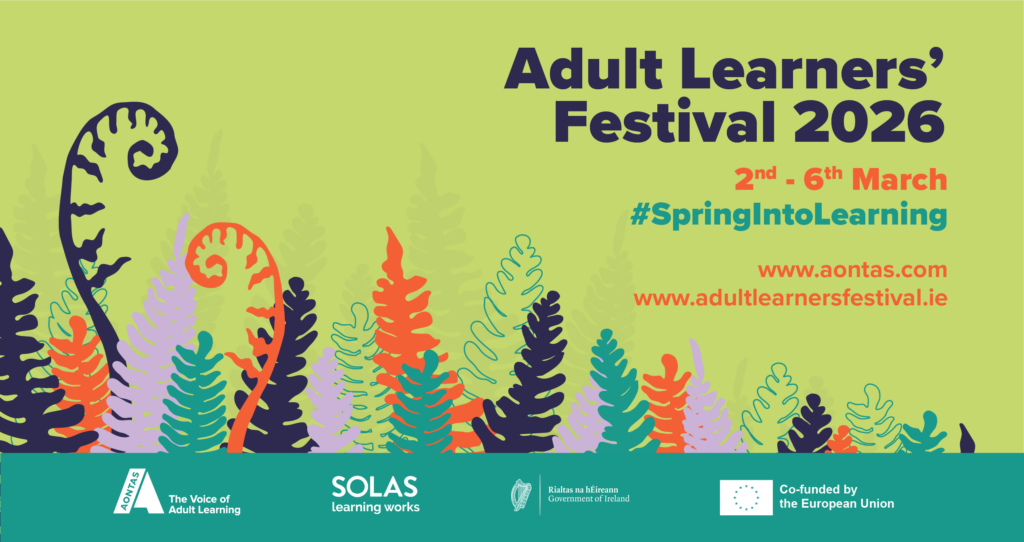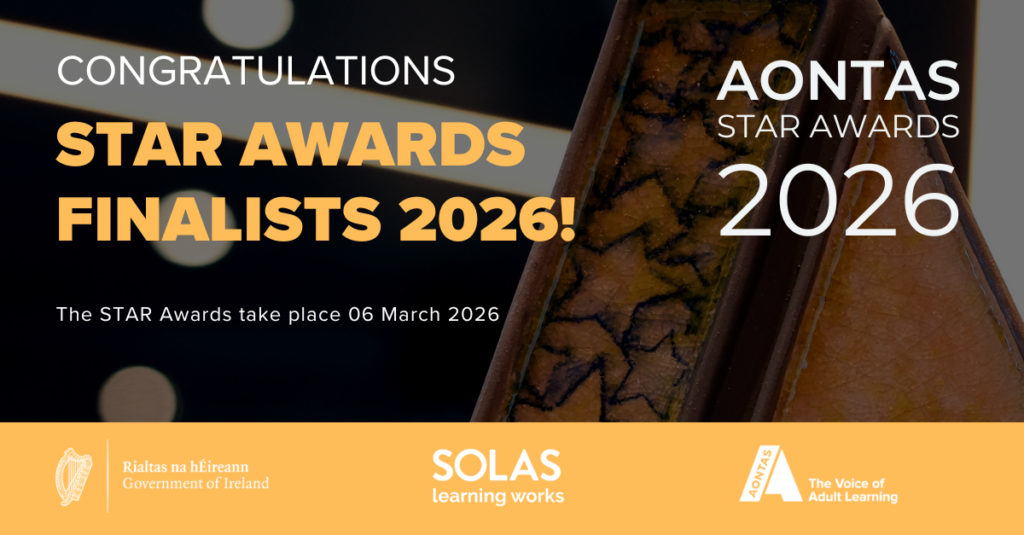The Union of Skills strategy identifies some reasons for issues with skills across Europe:
- Decrease in digital and literacy skills in schools
- Shortage in craft occupations as well as in sectors like agriculture and fishing in what the EU calls VET (Vocational Education and Training)
- Lack of basic literacy and overall participation in adult education
- Gender gap inequality in STEM (Science, Technology, Engineering, Maths)
- Lack of financial and entrepreneurial training
- Lack of necessary skills relating to rapid societal and cultural transformations and crises
The Union of Skills strategy also includes a set of key actions to achieve its objectives in empowering everyone “to build solid skills foundations and engage in lifelong upskilling and reskilling, in line with the European Pillar of Social Rights.”
There are specific goals for this objective:
- Build skills for quality jobs and lives
- Upskill and reskill for digital and green transitions
- Circulating skills across the EU for competitiveness
- Attracting, developing, and retaining talent for Europe’s future
Our take on the Union of Skills Strategy 2025
This strategy is a good opportunity for education to be brought to the fore in strengthening and promoting EU values like democracy, human rights, solidarity, social inclusion, and diversity.
It highlights why there might be a lack of skills and participation in education. It mentions that certain groups like older people and, in some cases, women, do not have equal opportunities to gain the skills that are a priority at the moment.
It identifies specific actions and strategies that could address this. This includes strengthening Erasmus+ opportunities to include the more marginalised in our society. Under the strategy, democracy and active citizenship and participation in society are core educational objectives. Importantly, the strategy recognises education as an investment and not a cost.
However, from our perspective, the strategy could do more to reflect the reality of the challenges facing adult learners and what they really need to be able to access and stay in education, particularly those from vulnerable and marginalised communities.
The language and terminology used should reflect an understanding of the inequalities many people face.
The strategy acknowledges the importance of investing in “human capital” and putting people first. However, it fails to show an understanding of the real barriers to education and participation in society of vulnerable groups, and the complexities of the barriers that are imposed upon them.
For instance, it outlines how education can promote social inclusion and diversity, “helping people become more resilient to mis- and disinformation, radicalisation, and recruitment into crime, and empowering them to contribute to a greener, fairer, and more cohesive Europe.”
These are real and urgent issues that need to be addressed, and social inclusion is key to addressing them. However, suggesting that social inclusion and diversity will help people not to engage in “mis- and disinformation, radicalisation, and recruitment into crime” indicates unnecessary and potentially harmful stereotyping of a much larger and more varied group of people.
People who experience social exclusion includes groups like lone parents, migrants, Traveller and Roma communities, older learners, caregivers, homeless people, and those with disabilities.
Education should serve these groups as a space of encounter with the wider society, in a way that they can expand their skills and knowledge beyond the horizons of their realities.
They should be enabled to contribute to society, and to the labour market if feasible and applicable to them. Primarily, they must be enabled to become active citizens, who have a say and are heard.
Above all, people should be able to access adult and community education as an end goal in itself.
The strategy talks about some of the barriers to education that adult learners face, citing “time constraints, financial considerations, care responsibilities and motivation.”
Referring to financial barriers “financial considerations” can be misleading. These barriers are crucial to whether or not some people can access education.
In 2024, we held a national campaign that showed how the high cost of education is preventing adults in Ireland from learning. Our research found that almost 1 in 3 adults need more financial support and that learners are choosing between heating their homes and funding their education, leaving their courses to pay for their rent, and sleeping in vans due to unaffordable accommodation.
For the European Union to continue being a global leader in innovation and social progress, all groups of people need to be considered and included in its policies and strategies. This can only be done through acknowledgement of the realities and needs of the most vulnerable groups.
Adult and community education continues to be a pathway for people from marginalised communities to engage as active citizens in society and in the labour market. The EU must recognise the importance of non-formal and informal learning, and must provide a framework for appropriate funding, supports, and partnerships to close continuing gaps and inequalities in our society.
For more information or any queries, please contact Larisa at lsioneriu@aontas.com
This post is part of the “Building Stable Roots in a Sustainable Learning Ecosystem” project, funded by the New European Agenda for Adult Learning (NEAAL).
This project is funded through the New European Agenda for Adult Learning (NEAAL)
Funded by the European Union. Views and opinions expressed are however those of the author(s) only and do not necessarily reflect those of the European Union or the European Education and Culture Executive Agency (EACEA). Neither the European Union nor the granting authority can be held responsible for them.
![]()
